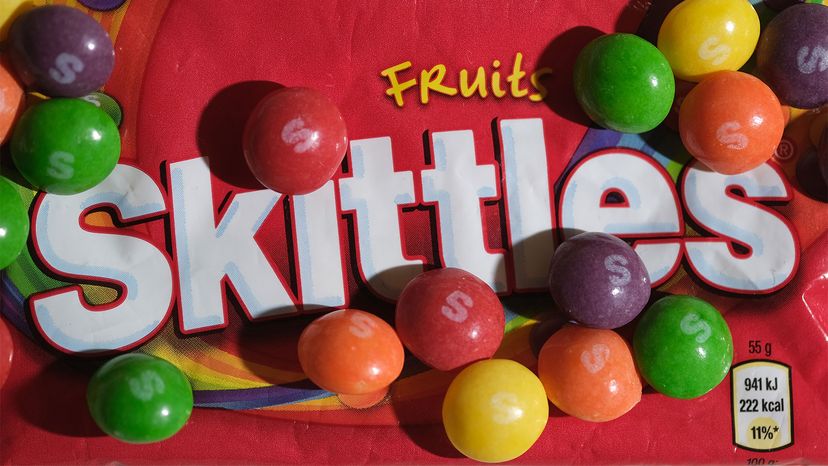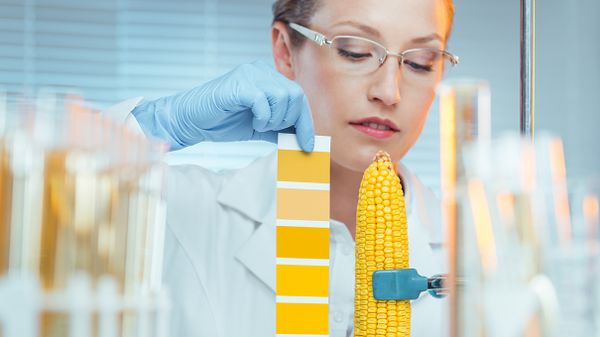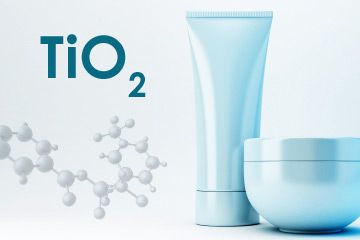
Want to #tastetherainbow? That bag of Skittles may be more than you bargained for. Those colorful, chewy candies with a sweet-tart flavor profile have prompted some consumers to take the candy maker to court over a potentially dangerous additive.
A class-action lawsuit filed July 14, 2022, against Skittles' maker Mars, Inc. calls into question an additive — titanium dioxide — that is used to manufacture Skittles and poses a known health risk to people. The dangers of titanium dioxide are so well understood that in 2016 Mars, Inc. publicly declared it would phase-out the ingredient. Fast forward to 2022 and there it still is: Titanium dioxide is listed on the candy's label.
Advertisement
So what exactly is titanium dioxide? And does it make Skittles a dangerous treat to eat?
Titanium is a naturally and commonly occurring element found in Earth's crust. When titanium interacts with oxygen, it forms a fine white powder known as titanium dioxide. Titanium dioxide is used as a whitening agent in commercially processed foods, as well as an ultraviolet-light filtering agent in cosmetics and personal care items like toothpaste and sunscreen.
The issue, at least when it comes to using titanium dioxide in food production, seems to center on its nanoparticle composition. (A human hair is the width of about 80,000 nanoparticles.) The problem with these minute nanoparticles is that they can pass through the digestive system and be absorbed into the bloodstream, travel to other places in the body where they don't belong, and accumulate in and damage organs like the liver or kidneys. At high doses, titanium dioxide nanoparticles could potentially play a role in cell inflammation, and certain cancers.
Therein lies the rub: Skittles — and thousands of other commercially produced foods — contain titanium dioxide as an additive. According to the Food and Drug Administration, however, when the titanium dioxide additive doesn't exceed 1 percent of the food's weight, it is considered safe for consumption.
It's worth noting that in 2015, Dunkin' Donuts voluntarily removed titanium dioxide from the powdered sugar topping its doughnuts, and the European Union recently banned titanium dioxide as a food additive because it could not establish its safety at any level of usage.
However, according to the Titanium Dioxide Manufacturers Association's website, E171, which is the food grade version of titanium dioxide, has not been proven to "persist or accumulate in the human body" and, according to the industry promoter, poses little of the risks inherent with nanoparticles.
The dangers of titanium dioxide, based on available research, are not always a "clear yes or no," Pierre Herckes, a chemistry professor at Arizona State University, who was an author of a 2014 study on titanium dioxide, told The New York Times. Children may be disproportionately affected by ingesting foods that include titanium dioxide because their small bodies will take in a relatively high dose.
Advertisement

